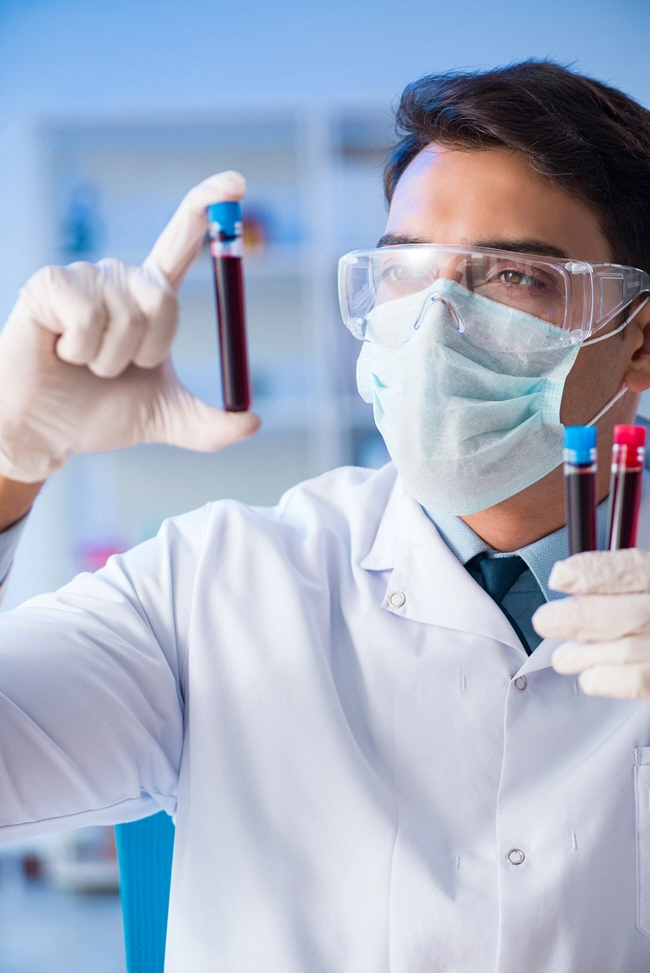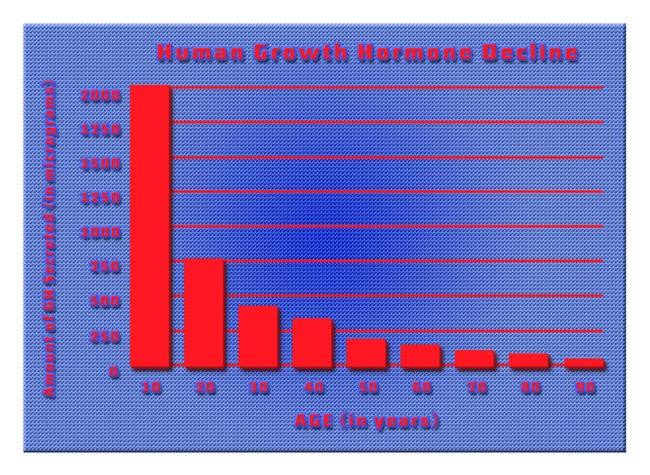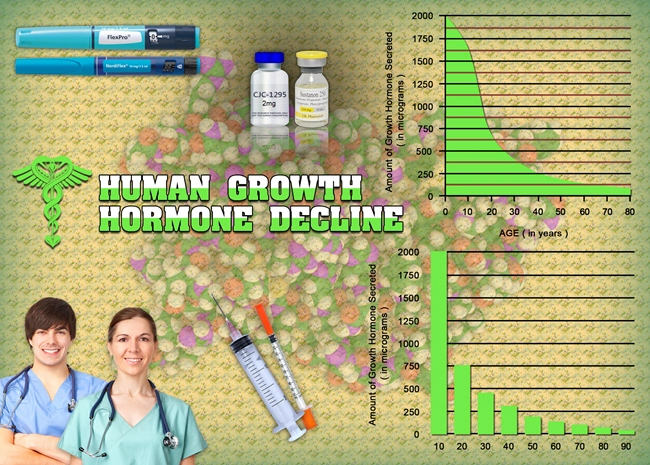
Introduction to Lung Cancer
Lung cancer remains one of the most prevalent and deadly forms of cancer among American men. Characterized by the uncontrolled growth of abnormal cells in one or both lungs, this disease poses a significant health challenge. Understanding the risk factors, symptoms, and prevention strategies is crucial for men aiming to safeguard their health.
Risk Factors for Lung Cancer
Several factors contribute to the increased risk of developing lung cancer among American men. The most significant risk factor is smoking, which accounts for approximately 85% of all lung cancer cases. Cigarette smoking introduces harmful chemicals into the lungs, leading to cellular damage and potential malignancy. Additionally, exposure to secondhand smoke, radon gas, asbestos, and other environmental pollutants can elevate the risk. Genetic predispositions and a family history of lung cancer also play a role, although to a lesser extent than lifestyle factors.
Symptoms and Diagnosis
Early detection of lung cancer can significantly improve outcomes, yet the disease often presents with subtle symptoms that may be overlooked. Common signs include a persistent cough, chest pain, shortness of breath, and unexplained weight loss. Men experiencing these symptoms should consult a healthcare provider promptly. Diagnosis typically involves imaging tests such as X-rays or CT scans, followed by a biopsy to confirm the presence of cancerous cells.
Prevention Strategies
Preventing lung cancer centers on mitigating risk factors. The most effective strategy is to quit smoking or avoid starting altogether. Men who smoke should seek support through smoking cessation programs, which can increase the likelihood of successfully quitting. Reducing exposure to environmental toxins, such as radon and asbestos, is also crucial. Regular screening for lung cancer is recommended for individuals at high risk, particularly those with a long history of smoking. The U.S. Preventive Services Task Force recommends annual low-dose CT scans for adults aged 50 to 80 who have a 20 pack-year smoking history and currently smoke or have quit within the past 15 years.
Treatment Options
Treatment for lung cancer depends on the stage at diagnosis and the patient's overall health. Early-stage lung cancer may be treated with surgery to remove the tumor, followed by chemotherapy or radiation therapy to eliminate any remaining cancer cells. For more advanced stages, a combination of chemotherapy, targeted therapy, and immunotherapy may be used. Palliative care can also play a vital role in managing symptoms and improving quality of life for patients with advanced disease.
The Role of Lifestyle in Lung Cancer Prevention
Beyond quitting smoking, adopting a healthy lifestyle can further reduce the risk of lung cancer. Regular exercise, a balanced diet rich in fruits and vegetables, and maintaining a healthy weight can contribute to overall health and potentially lower cancer risk. Additionally, avoiding exposure to secondhand smoke and ensuring proper ventilation in homes and workplaces can mitigate environmental risks.
Conclusion
Lung cancer represents a significant health threat to American men, but understanding its risk factors and taking proactive steps toward prevention can make a substantial difference. By quitting smoking, reducing exposure to harmful substances, and engaging in regular screenings, men can take control of their health and reduce their risk of developing this deadly disease. Awareness and action are key in the fight against lung cancer.
Contact Us Today For A Free Consultation
Dear Patient,
Once you have completing the above contact form, for security purposes and confirmation, please confirm your information by calling us.
Please call now: 1-800-380-5339.
Welcoming You To Our Clinic, Professor Tom Henderson.

- Understanding and Treating Erectile Dysfunction: Causes, Diagnosis, and Options for American Men [Last Updated On: February 25th, 2025] [Originally Added On: February 25th, 2025]
- Top Fitness Trends Transforming American Men's Health and Well-being [Last Updated On: March 17th, 2025] [Originally Added On: March 17th, 2025]
- Understanding Male Infertility: Causes, Diagnosis, and Treatment Options for American Men [Last Updated On: March 18th, 2025] [Originally Added On: March 18th, 2025]
- Physical Activity's Role in Cancer Prevention for American Men: Strategies and Benefits [Last Updated On: March 18th, 2025] [Originally Added On: March 18th, 2025]
- Hydration's Vital Role in Enhancing Men's Health and Well-being in America [Last Updated On: March 18th, 2025] [Originally Added On: March 18th, 2025]
- Osteoporosis in Men: Risks, Prevention, and Strategies for Bone Health [Last Updated On: March 18th, 2025] [Originally Added On: March 18th, 2025]
- Essential Supplements for Men's Health: A Comprehensive Guide for American Males [Last Updated On: March 19th, 2025] [Originally Added On: March 19th, 2025]
- Stress and Heart Health: Impacts and Management Strategies for American Men [Last Updated On: March 19th, 2025] [Originally Added On: March 19th, 2025]
- Gout in American Men: Symptoms, Causes, and Management Strategies [Last Updated On: March 21st, 2025] [Originally Added On: March 21st, 2025]
- Breaking the Stigma: Enhancing Mental Health Support for American Men [Last Updated On: March 21st, 2025] [Originally Added On: March 21st, 2025]
- Sleep Apnea in American Men: Symptoms, Risks, and Management Strategies [Last Updated On: March 21st, 2025] [Originally Added On: March 21st, 2025]
- Work-Life Balance: Impact on American Men's Health and Strategies for Improvement [Last Updated On: March 21st, 2025] [Originally Added On: March 21st, 2025]
- Allergies in American Men: Symptoms, Management, and Impact on Quality of Life [Last Updated On: March 22nd, 2025] [Originally Added On: March 22nd, 2025]
- Meditation's Impact on Men's Mental Health: Benefits and Integration Strategies [Last Updated On: March 22nd, 2025] [Originally Added On: March 22nd, 2025]
- Gut Health Essentials for American Men: Microbiome, Diet, and Wellness [Last Updated On: March 22nd, 2025] [Originally Added On: March 22nd, 2025]
- Strength Training: Enhancing Men's Health in the U.S. with Resistance Exercises [Last Updated On: March 22nd, 2025] [Originally Added On: March 22nd, 2025]
- Alcohol's Impact on Liver Health: Risks, Stages, and Prevention for American Males [Last Updated On: March 22nd, 2025] [Originally Added On: March 22nd, 2025]
- High Cholesterol in American Men: Risks, Management, and Prevention Strategies [Last Updated On: March 23rd, 2025] [Originally Added On: March 23rd, 2025]
- Enhancing Men's Mental Health in the Workplace: Challenges and Strategies [Last Updated On: March 23rd, 2025] [Originally Added On: March 23rd, 2025]
- Obesity and Cancer Risks in American Men: Understanding and Mitigation Strategies [Last Updated On: March 23rd, 2025] [Originally Added On: March 23rd, 2025]
- Dietary Fiber: Essential for Men's Health and Disease Prevention [Last Updated On: March 23rd, 2025] [Originally Added On: March 23rd, 2025]
- Kidney Stones in American Men: Prevention, Management, and Health Strategies [Last Updated On: March 24th, 2025] [Originally Added On: March 24th, 2025]
- Effective Smoking Cessation Strategies for American Men's Health and Well-being [Last Updated On: March 24th, 2025] [Originally Added On: March 24th, 2025]
- Mental Health Days: Essential for American Men's Well-being and Productivity [Last Updated On: March 24th, 2025] [Originally Added On: March 24th, 2025]
- Plant-Based Diets: Enhancing Men's Health from Heart to Mind [Last Updated On: March 25th, 2025] [Originally Added On: March 25th, 2025]
- Dental Health's Crucial Role in Men's Overall Well-being and Disease Prevention [Last Updated On: March 25th, 2025] [Originally Added On: March 25th, 2025]
- Stroke Risks and Prevention Strategies for American Men [Last Updated On: March 25th, 2025] [Originally Added On: March 25th, 2025]
- Tai Chi: Enhancing Men's Health in the U.S. - Physical, Mental, Cognitive Benefits [Last Updated On: March 25th, 2025] [Originally Added On: March 25th, 2025]
- Diet's Impact on Prostate Health: Foods to Embrace and Avoid [Last Updated On: March 25th, 2025] [Originally Added On: March 25th, 2025]
- Annual Physicals: Vital for Men's Health, Early Detection, and Personalized Care [Last Updated On: March 25th, 2025] [Originally Added On: March 25th, 2025]
- Managing Anxiety in American Men: Tools and Techniques for Mental Health [Last Updated On: March 25th, 2025] [Originally Added On: March 25th, 2025]
- Depression in American Men: Holistic Treatment Approaches and Breaking Stigma [Last Updated On: March 25th, 2025] [Originally Added On: March 25th, 2025]
- Asthma in American Men: Prevalence, Management, and Lifestyle Impact [Last Updated On: March 26th, 2025] [Originally Added On: March 26th, 2025]
- Seasonal Affective Disorder in American Men: Symptoms, Impact, and Management Strategies [Last Updated On: March 26th, 2025] [Originally Added On: March 26th, 2025]
- Gut-Brain Axis: Stress Impact on Digestive Health in American Males [Last Updated On: March 26th, 2025] [Originally Added On: March 26th, 2025]
- Exercise Benefits for American Men Managing Diabetes: Enhancing Health and Well-being [Last Updated On: March 26th, 2025] [Originally Added On: March 26th, 2025]
- Proactive Health Strategies for American Men: Screenings, Lifestyle, and Mental Well-being [Last Updated On: March 26th, 2025] [Originally Added On: March 26th, 2025]
- Caffeine's Impact on American Men: Health, Performance, and Consumption Guidelines [Last Updated On: March 26th, 2025] [Originally Added On: March 26th, 2025]
- Diet and Heart Disease Prevention in American Males: Key Components and Recommendations [Last Updated On: March 26th, 2025] [Originally Added On: March 26th, 2025]
- Pilates: Enhancing Men's Health and Fitness in the U.S. [Last Updated On: March 26th, 2025] [Originally Added On: March 26th, 2025]
- Cycling Benefits for American Men: Health, Fitness, and Well-being [Last Updated On: March 27th, 2025] [Originally Added On: March 27th, 2025]
- Insomnia's Impact on Men's Health: Causes, Effects, and Management Strategies [Last Updated On: March 27th, 2025] [Originally Added On: March 27th, 2025]
- Swimming: Enhancing Men's Health in America Through Fitness and Wellness [Last Updated On: March 27th, 2025] [Originally Added On: March 27th, 2025]
- Hemorrhoids in American Men: Causes, Symptoms, and Management Strategies [Last Updated On: March 27th, 2025] [Originally Added On: March 27th, 2025]
- Sleep's Crucial Role in Weight Management for American Men [Last Updated On: March 27th, 2025] [Originally Added On: March 27th, 2025]
- Eye Exams: Essential for Men's Vision and Overall Health Monitoring [Last Updated On: March 28th, 2025] [Originally Added On: March 28th, 2025]
- Arthritis in Men: Prevention, Management, and Enhancing Quality of Life [Last Updated On: March 28th, 2025] [Originally Added On: March 28th, 2025]
- Promoting Men's Mental Health: The Urgent Need for Regular Screening and Support [Last Updated On: March 28th, 2025] [Originally Added On: March 28th, 2025]
- Varicose Veins in American Men: Causes, Symptoms, and Treatment Options [Last Updated On: March 28th, 2025] [Originally Added On: March 28th, 2025]
- Social Connections: Vital for American Men's Mental Health and Well-being [Last Updated On: March 29th, 2025] [Originally Added On: March 29th, 2025]
- Hiking's Comprehensive Health Benefits for American Men: Physical, Mental, and Social [Last Updated On: March 31st, 2025] [Originally Added On: March 31st, 2025]
- Rowing: Enhancing Health and Fitness for American Men [Last Updated On: April 1st, 2025] [Originally Added On: April 1st, 2025]
- Pollution's Multifaceted Impact on American Men's Health: Risks and Mitigation Strategies [Last Updated On: April 1st, 2025] [Originally Added On: April 1st, 2025]
- Antioxidants: Key to Health for American Men - Heart, Cancer, Aging, Eye Benefits [Last Updated On: April 1st, 2025] [Originally Added On: April 1st, 2025]
- Breaking Stigma: The Vital Role of Mental Health Education for American Men [Last Updated On: April 2nd, 2025] [Originally Added On: April 2nd, 2025]
- Understanding and Managing Migraines in American Men: Symptoms, Triggers, and Strategies [Last Updated On: April 4th, 2025] [Originally Added On: April 4th, 2025]
- Skin Cancer in American Men: Risks, Prevention, and Early Detection Strategies [Last Updated On: April 5th, 2025] [Originally Added On: April 5th, 2025]
- Alcohol and Mental Health in American Males: A Bidirectional Impact and Solutions [Last Updated On: April 6th, 2025] [Originally Added On: April 6th, 2025]
- Community Impact on American Men's Health and Wellbeing: Support, Prevention, and Engagement [Last Updated On: April 6th, 2025] [Originally Added On: April 6th, 2025]
- Preventing and Managing Back Pain in American Men: Causes, Strategies, and Lifestyle Tips [Last Updated On: April 8th, 2025] [Originally Added On: April 8th, 2025]
- Martial Arts: Enhancing Men's Health and Wellness in the U.S. [Last Updated On: April 9th, 2025] [Originally Added On: April 9th, 2025]
- Technology Reshaping Men's Health: Telemedicine, Wearables, and Digital Apps in the U.S. [Last Updated On: April 11th, 2025] [Originally Added On: April 11th, 2025]
- Managing Panic Attacks: Strategies and Support for American Men [Last Updated On: April 11th, 2025] [Originally Added On: April 11th, 2025]
- Running: Enhancing Men's Health from Heart to Mind in America [Last Updated On: April 11th, 2025] [Originally Added On: April 11th, 2025]
- Men's Hearing Health: Risks, Prevention, and Technological Solutions [Last Updated On: April 12th, 2025] [Originally Added On: April 12th, 2025]
- Essential Vitamins for Men's Health: Enhancing Well-being and Preventing Disease [Last Updated On: April 12th, 2025] [Originally Added On: April 12th, 2025]
- Obesity and Diabetes in American Men: Risks, Impacts, and Management Strategies [Last Updated On: April 12th, 2025] [Originally Added On: April 12th, 2025]
- Soccer's Impact on Men's Health: Cardiovascular, Muscle, and Mental Benefits [Last Updated On: April 15th, 2025] [Originally Added On: April 15th, 2025]
- Managing IBS in American Men: Symptoms, Triggers, and Effective Strategies [Last Updated On: April 15th, 2025] [Originally Added On: April 15th, 2025]
- Diet and Mental Health: Key Insights for American Men's Well-being [Last Updated On: April 16th, 2025] [Originally Added On: April 16th, 2025]
- Transforming Men's Health: Tailored Mental Health Awareness Campaigns for American Men [Last Updated On: April 18th, 2025] [Originally Added On: April 18th, 2025]
- CrossFit: Enhancing Men's Health Through Comprehensive Fitness Regimen [Last Updated On: April 19th, 2025] [Originally Added On: April 19th, 2025]









